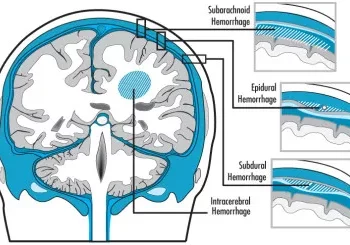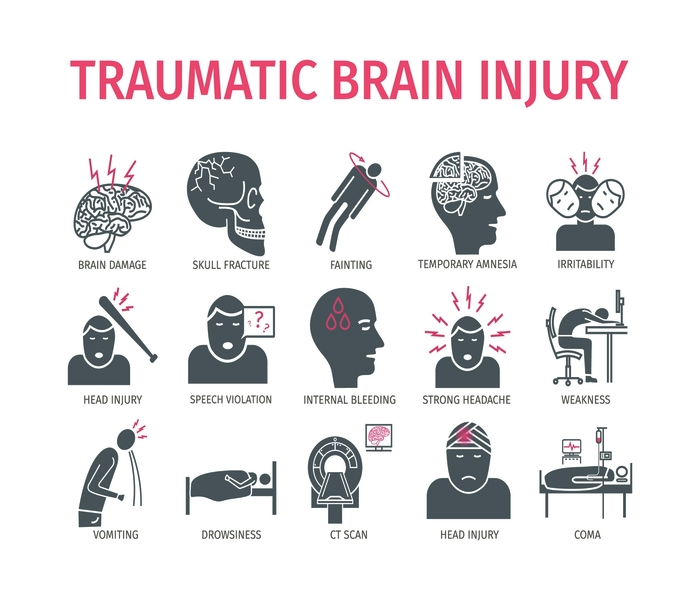






What Causes TBI?
TBIs are caused by a variety of mechanisms, including:
-
Blunt force trauma: This type of injury occurs when the brain is hit or struck with an object. This can happen in falls, motor vehicle crashes, assaults, and sports-related injuries.
-
Penetration injury: This type of injury occurs when an object penetrates the skull and injures the brain. This can happen in gunshot wounds, stab wounds, and falls onto sharp objects.
-
Acceleration-deceleration injuries: This type of injury occurs when the brain is rapidly jerked or shaken back and forth. This can happen in car accidents, falls from heights, and whiplash.
Types of Traumatic Brain Injuries
TBIs are classified based on their severity:
-
Mild TBI (MTBI): This is often referred to as a concussion. It is the most common type of TBI. People with MTBI may experience symptoms such as headache, dizziness, confusion, and memory problems.
-
Moderate TBI: This type of TBI is more severe than MTBI. People with moderate TBI may experience more severe symptoms, such as seizures, loss of consciousness, and problems with thinking and memory.
-
Severe TBI: This type of TBI is the most severe type. People with severe TBI may have permanent disabilities, such as paralysis, coma, and death.


What are the Symptoms of TBI?
The symptoms of TBI can vary depending on the severity of the injury and the area of the brain that is affected. Some of the most common symptoms include:
-
Headache
-
Confusion
-
Dizziness
-
Nausea and vomiting
-
Loss of consciousness
-
Sleep problems
-
Fatigue
-
Memory problems
-
Problems with thinking and concentration
-
Emotional problems
Preventing Brain Injuries
There are a number of things that can be done to prevent TBI. These include:
- Wearing seat belts and helmets: Wearing seat belts and helmets can reduce the risk of TBI in motor vehicle crashes and bicycle accidents.
- Using safe practices during sports and recreation: Using safe practices, such as wearing proper safety gear and following the rules of the game, can help to prevent TBI during sports and recreation activities.
- Taking steps to prevent falls: Taking steps to prevent falls, such as installing grab bars in the bathroom and making sure that stairs are well-lit, can help to prevent TBI in older adults and young children.
- Avoiding violence: Avoiding violence is one of the best ways to prevent TBI. This includes avoiding situations where violence is likely to occur, such as arguments and gangs.

